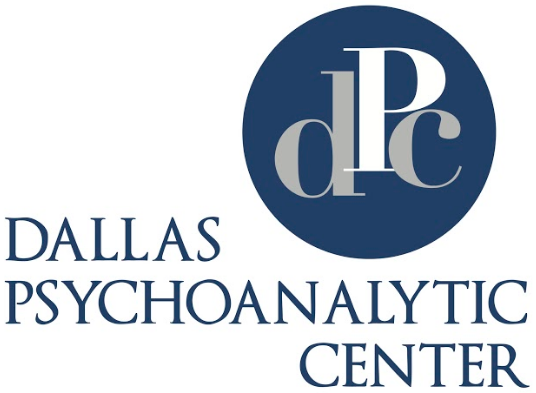
Title: Gender and Sexuality Diversity Study Group
Program Chair: Jennifer (“J”) Unterberg, Ph.D.
Date/Time: First Thursday of Every Month, September-May
(9/1/22, 10/6/22, 11/3/22, 12/1/22, 1/5/23, 2/9/23, 3/2/23, 4/6/23, 5/4/23)
Location: Virtual, via Zoom
Credit Hours: 1.5 Per Meeting; 13.5 total
Program level: Intermediate
Description: Traditional psychoanalytic theory of gender and sexuality, has been critiqued by feminist, queer, and post-modern theorists within and outside of the field of psychoanalysis. These critiques have led to substantial updates in the psychoanalytic perspective on gender and sexuality, integrating the social, soma, and psyche. Each month, study group participants read articles and book chapters reflecting contemporary psychoanalytic views of gender and sexuality. The study group format allows participants to present case material that relates to the readings. Through the engagement with contemporary theory (and the limits to theory) and peer supervision, participants will build upon their foundational knowledge of gender and sexuality and integrate their skills to work with diverse clients in an efficacious and ethical manner.
Learning Objectives:
1. Describe modern psychoanalytic perspectives on gender and sexuality
2. Demonstrate cultural diversity competence regarding the LGBTQ community and other diverse expressions of gender and sexuality
3. Demonstrate improved technical knowledge of gender and sexuality-focused interventions to improve performance.
4. Describe modern perspectives on masculinity.
5. Describe modern perspectives on femininity.
6. Increase knowledge about intersectionality.
7. Utilize interventions for trauma related to micro-aggressions
8. Explain the role of puberty blockers on transgender youth.
9. Utilize interventions with families of gender non-conforming children.
10. Identify the role of racism on the LGBTQI community.
Reference Materials/Reading:
Saketopoulou, A. (2020). Thinking Psychoanalytically, Thinking Better: Reflections on Transgender. The International Journal of Psychoanalysis, 10: 5, 1019-1030.
Bass, R. (2020). Introductions to “Can We Think Psychoanalytically About Transgenderism?” The International Journal of Psychoanalysis, 10:5, 1014-1018.
Celenza, A. (2010). The Guilty Pleasure of Erotic Countertransference: Searching for the Radial True. Studies in Gender and Sexuality, 11: 175-183.
|
Continuing Medical Education
This activity has been planned and implemented in accordance with the
accreditation requirements and policies of the Accreditation Council for Continuing Medical Education (ACCME) through the joint providership of the American Psychoanalytic Association (APsaA) and The Dallas Psychoanalytic Center (DPC). APsaA is accredited by the ACCME to provide continuing medical education for physicians.
The American Psychoanalytic Association designates this Live Activity for a maximum of 13.5 AMA PRA Category 1 Credit(s)™. Physicians should claim only the credit commensurate with the extent of their participation in the activity.
IMPORTANT DISCLOSURE INFORMATION FOR ALL LEARNERS: None of the planners and presenters for this educational activity have relevant financial relationship(s)* to disclose with ineligible companies whose primary business is producing, marketing, selling, re-selling, or distributing healthcare products used by or on patients. *Financial relationships are relevant if the educational content an individual can control is related to the business lines or products of the ineligible company. -Updated July 2021-
|